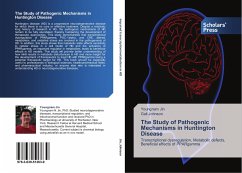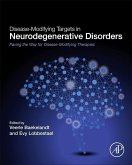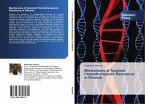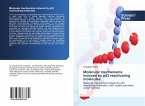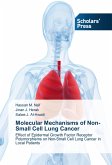Huntington disease (HD) is a progressive neurodegenerative disease for which there is no cure or effective treatment. Despite a relatively long history of research in HD, the pathogenic mechanisms of HD remain to be fully elucidated, thereby hampering the development of therapeutic approaches. This study demonstrates that transcriptional dysregulation of PPARgamma, PGC-1alpha, and CRE, altered metabolism, and oxidative stress are involved in the pathogenesis of HD. In addition, this study shows that metabolic state affects sensitivity to cellular stress in a cell model of HD and the activation of PPARgamma, an important regulator in metabolism, leads to beneficial effects in HD models. This study will provide better understanding of how mHtt results in metabolic disturbances in HD and more insight for the development of therapeutics to treat HD with PPARgamma being a potential therapeutic target for HD. This book should be especially useful to professionals in biological sciences, healthcare/medical fields, and pharmaceutical industry, or anyone else who is interested in understanding HD or neurodegenerative diseases.
Bitte wählen Sie Ihr Anliegen aus.
Rechnungen
Retourenschein anfordern
Bestellstatus
Storno

